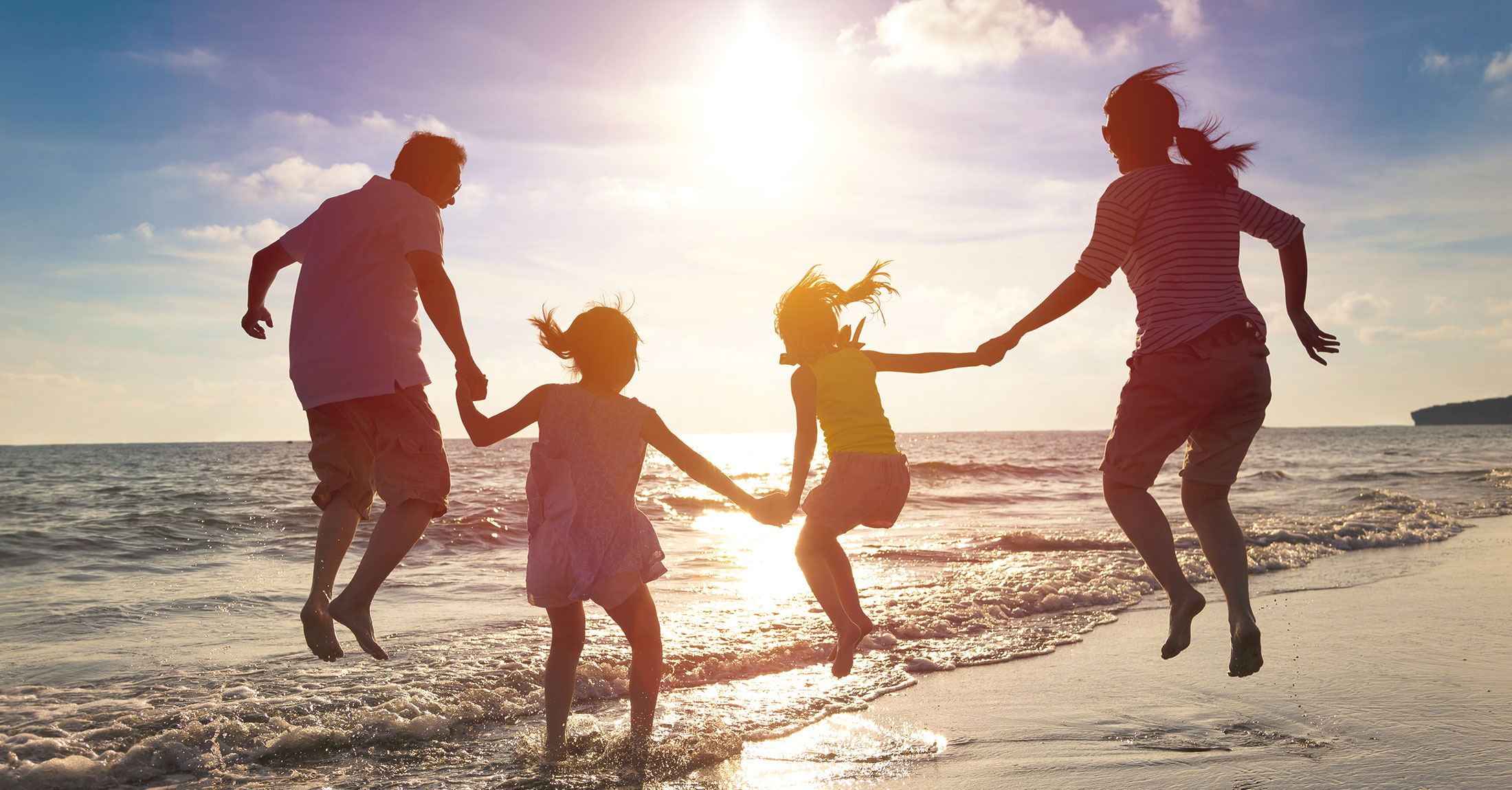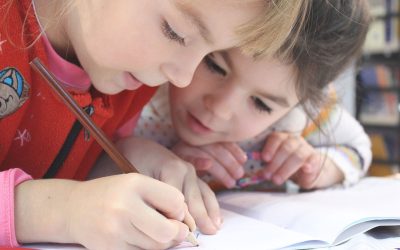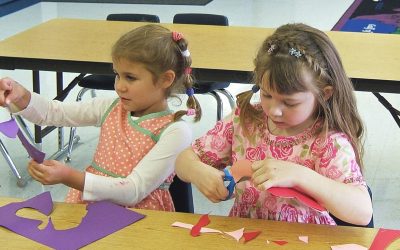What exactly is a “meaningful experience?” One that’s educational? Memorable? Enjoyable? Thought-provoking? Kind? Collaborative? All this—and then some!
“People grow through experience if they meet life honestly and courageously. This is how character is built.”
~ Eleanor Roosevelt
Meaningful experiences can occur at any time, and anywhere. They can relate to social, academic, artistic, spiritual, cultural, or other aspects of life—and open doors to opportunity, a sense of purpose, joy, and accomplishment. And, potentially lead to difficulties, too, Difficult circumstances may require assistance, support, redirection of energy, or reconsideration of action plans. (However, those become additional experiences that provide learning curves!)
I asked my 14-year-old grand-daughter what makes a meaningful experience. She responded: “Time with family and friends. Having fun. Caring.” Why? Because these experiences make her feel happy, and good about herself.
How might your family members respond if you ask them about meaningful experiences?
MORE TO PONDER
Here are three more considerations.
Experiences are like teachers. They can inform, broaden perspectives, enrich the mind, and strengthen the soul. Countless moment-by-moment occurrences and influences comprise kids’ understandings of life and the world, helping to define who they are, and how they will develop—step by step, over time. The more we do, the more we learn, regardless of a person’s age. We’re never too old to learn!
Experiences differ. For example, they might be autonomous, shared, or multi-sensory. Or they could be cheery, disappointing, mysterious, frustrating, or exciting. No two people are alike, and neither are their experiences. As children grow, they’re actively involved in creating their own intelligence and skill sets by responding to and engaging in various kinds of learning opportunities. By being receptive and proactive, and by trying various new experiences, kids become stronger, wiser, inquisitive, and more self-reliant. They can realize more fully their intellectual, creative, and emotional capacities.
Experiences are adventures. They’re often unique to the individual, and many are unscripted, or unanticipated. It makes sense to give children choices. Involve them in co-creating and planning their experiences, and in setting reasonable goals. Remember, too, that potential costs, risks, and unknowns can make adventures scary. However, overcoming obstacles and putting forth effort empowers kids (and adults) to develop tenacity, confidence, judgment, and convictions. All this helps to build character (as per Eleanor Roosevelt’s words above) and, too, contributes to the complex journey of maturing.
LAST WORDS
“The only source of knowledge is experience.”
~ Albert Einstein
Einstein’s statement speaks to the mighty impact of experience. Adults can demonstrate the value of engaging in experiences that serve to nurture the mind and body. For example, music, sports, community activities, forging relationships, playing, reading, and problem-solving. A person’s experiences provide both context and structure for understanding their abilities, preferences, passions, and challenges.
Help kids find ways to fortify the intellect, and to strengthen the many dimensions of self that comprise health, social-emotional well-being, and personal fulfillment—including, of course the following: “Time with family and friends. Having fun. Caring.”
Meaningful experiences await!








